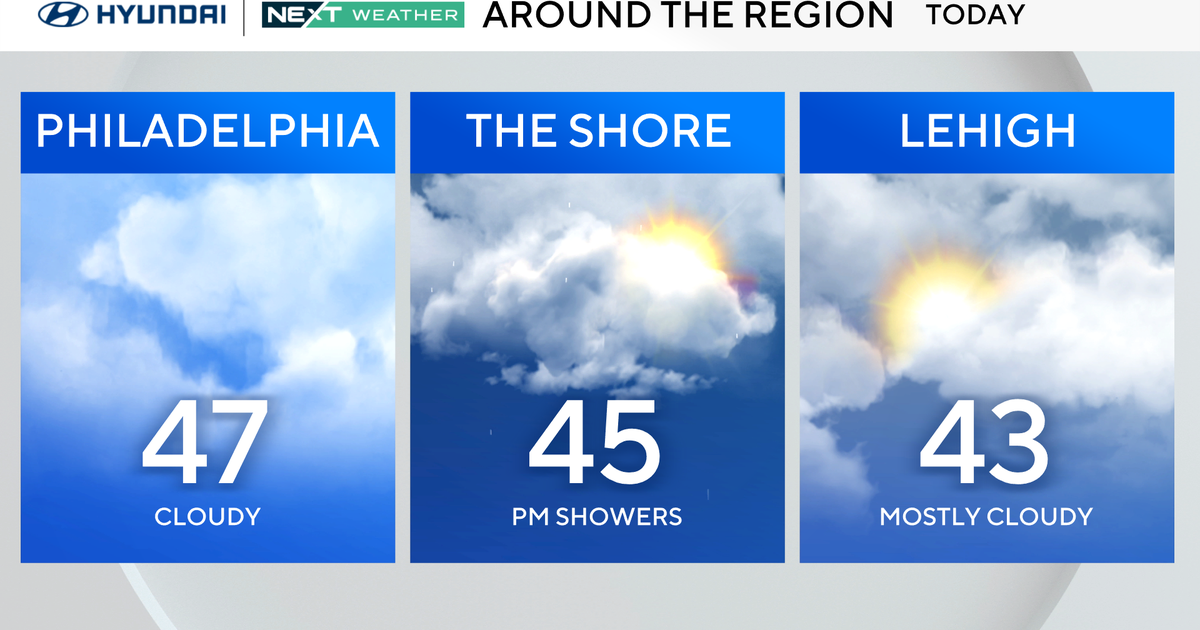Perseid meteor shower to put on a celestial show this weekend
MIAMI - This will be a special weekend for stargazers, professional and otherwise.
The Perseid meteor shower hits its peak on August 12th and 13th when the crescent moon will be minimally illuminated, according to Earth Sky.
Every year around this time we pass through the orbit path of Comet Swift-Tuttle. Tiny bits and pieces of debris from the comet that remain in the path will slam into Earth's upper atmosphere at 130,000 miles per hour, lighting up the sky with streaks of light.
The highly anticipated celestial event's name is a nod to its origins near the constellation of Perseus.
Like most major meteor showers, the Perseids will be most visible to viewers in the Northern Hemisphere, just a few hours before dawn, and there is the potential to see over 50 meteors per hour streak across the sky.
To get the best looks at this heavenly sight, people are advised to find an area with little-to-no light pollution and hope that it's a cloud-free night.
The Perseid meteor shower ends on September first, which is the meteorological start of the fall season.
You can catch several major meteor showers later this year, according to the American Meteor Society. They will reach their peak on the following dates:
Orionids: October 21-21
Southern Taurids: November 4-5
Northern Taurids: November 11-12
Leonids : November 17-18
Geminids: December 13-14
Ursids: December 21-22







